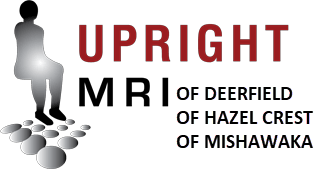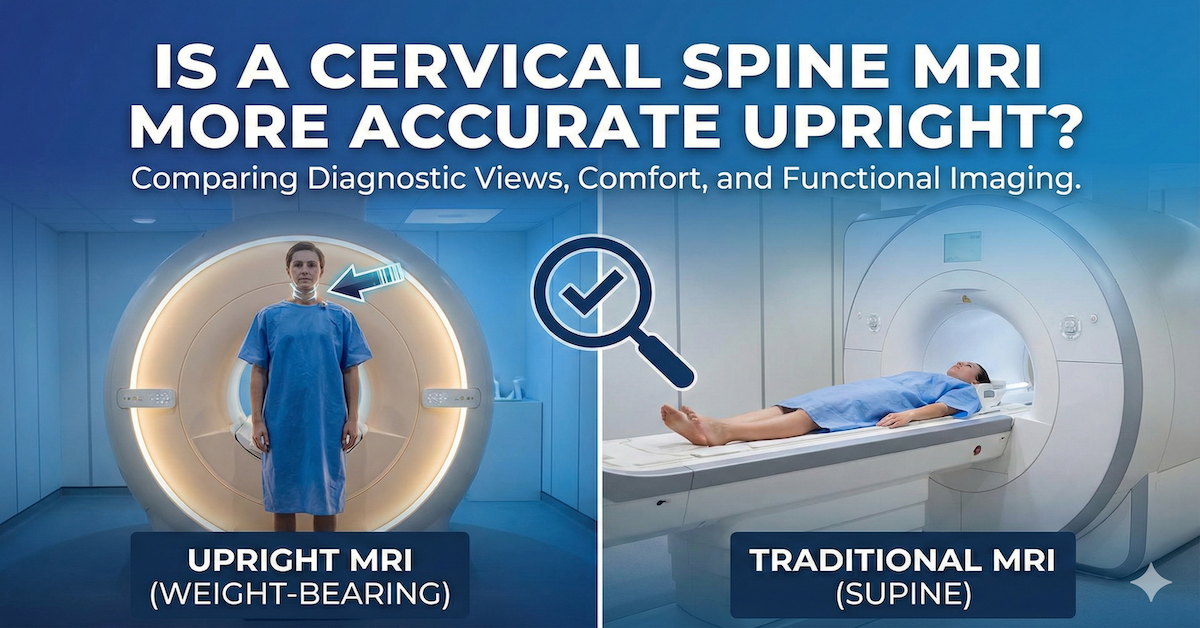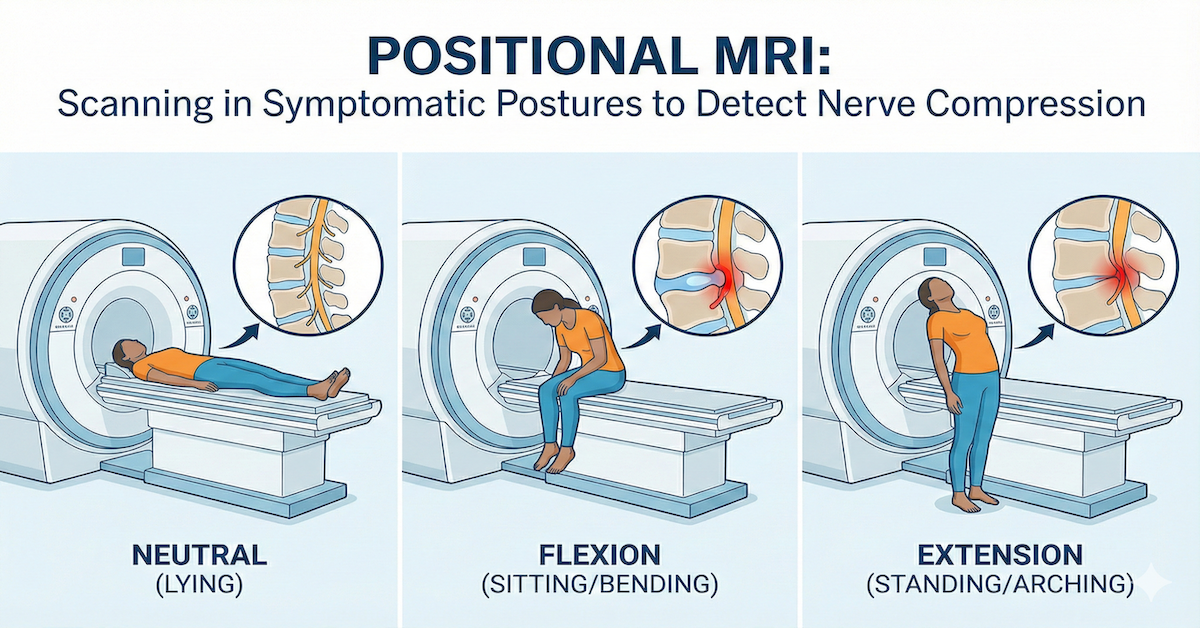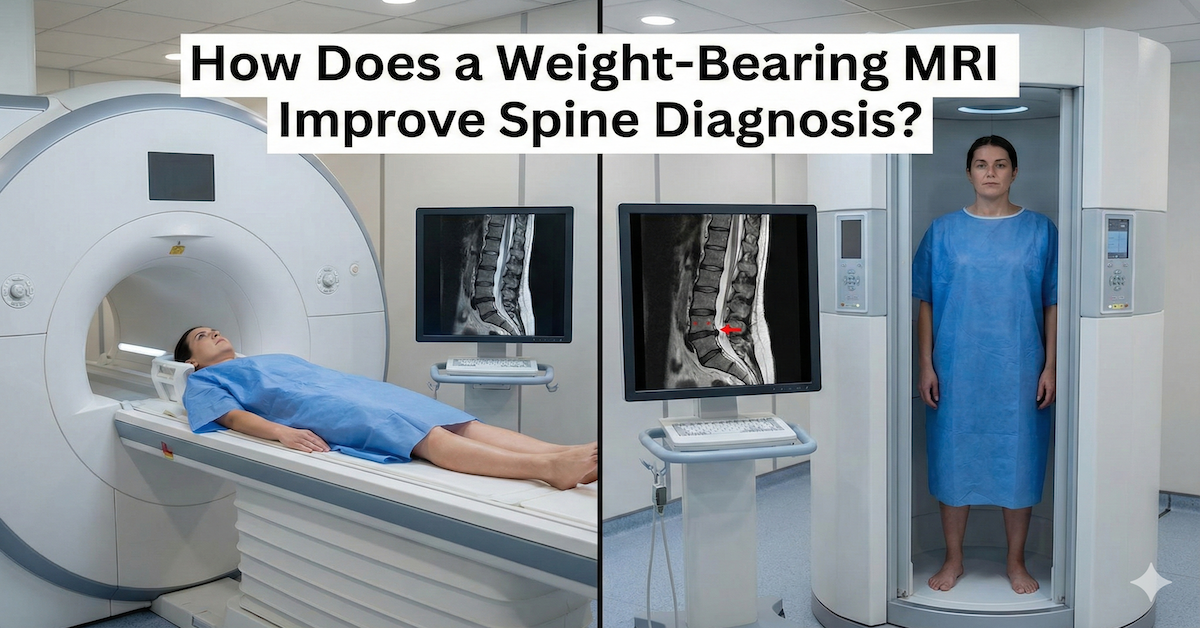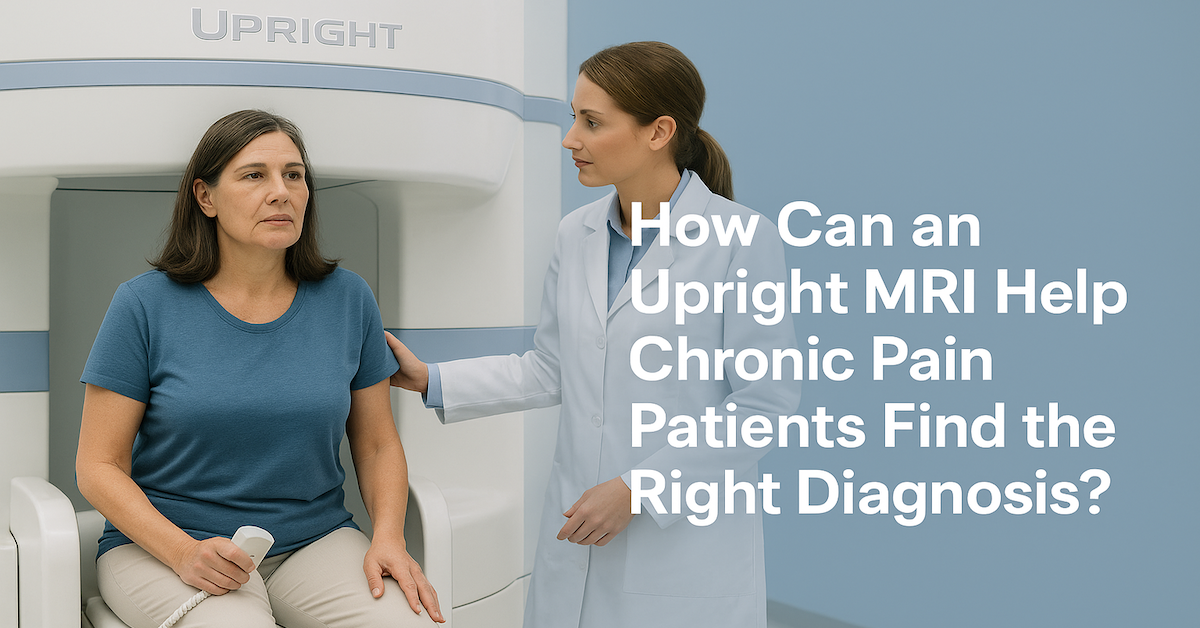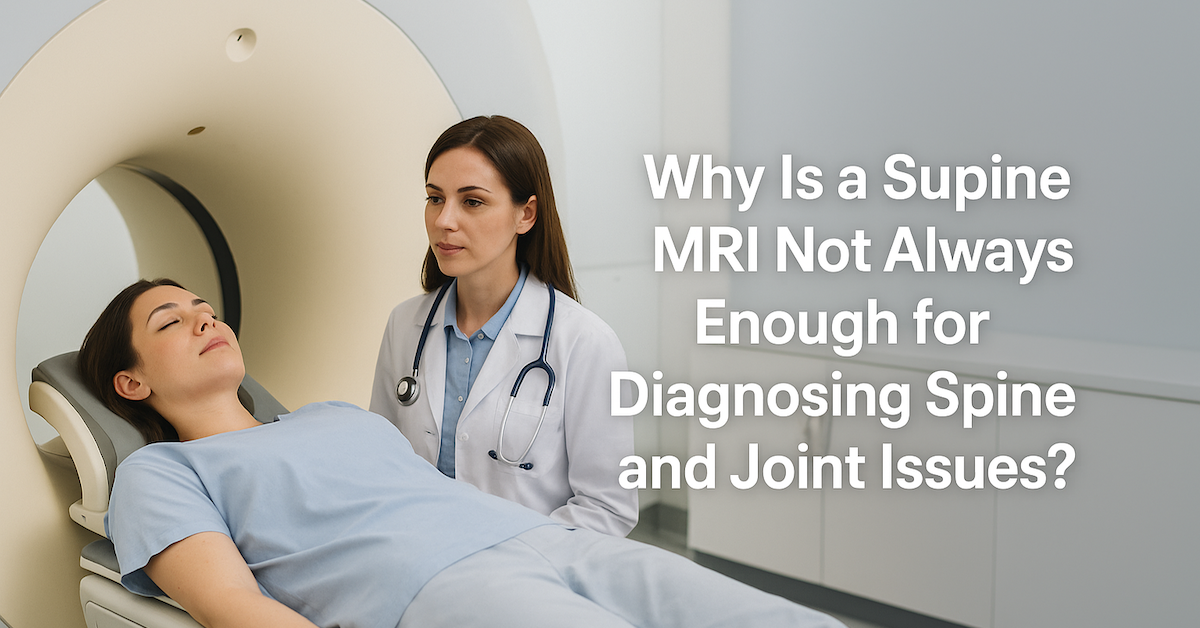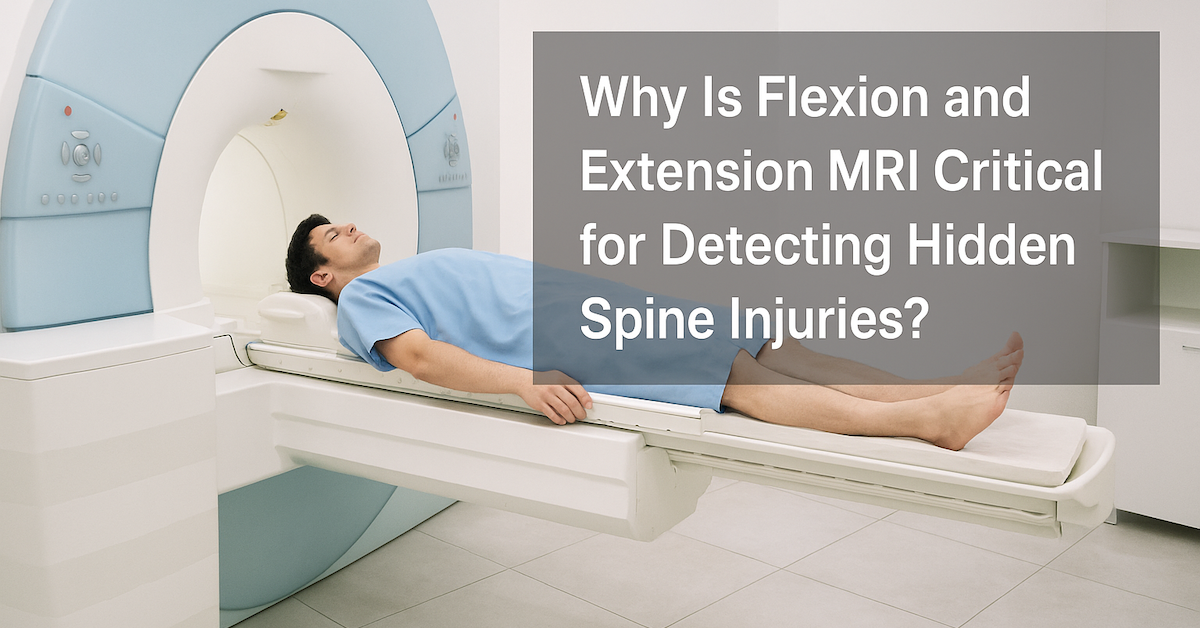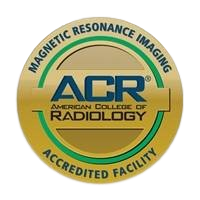How Can Positional MRI Reveal Hidden Spine and Shoulder Issues?
Traditional MRIs work well for diagnosing many conditions, but they have limitations. When a patient lies down for a standard scan, the body is in a relaxed state, which may not reflect the pain or discomfort they experience in everyday movements. Positional MRI takes a different approach by capturing images while a person is sitting, standing, bending, or rotating. This allows doctors to see how the spine and joints react under natural stress, making it easier to detect hidden problems that a regular MRI might miss.
What Makes Positional MRI More Effective?
A traditional MRI captures static images, meaning it doesn’t account for changes in the body when shifting positions. Positional MRI provides a more detailed view of movement-related issues by allowing imaging in postures that mimic daily activities. Since pain and discomfort often get worse with motion, this method helps reveal conditions that wouldn’t be visible in a standard scan. Patients can be scanned while bending forward or backward, twisting their spine, or rotating their shoulders in different directions, helping doctors get a clearer understanding of what might be causing pain.
Why Standard MRIs Don’t Always Show the Full Picture
Lying down during a traditional MRI removes pressure and strain from the body, which means some conditions go undetected. Herniated discs may only press on nerves when a person is standing or bending. Spinal stenosis might be more severe in weight-bearing positions. Some shoulder injuries, such as labral tears or impingements, become more apparent when the arm is lifted or rotated. These movement-related problems often don’t show up in a typical MRI, which is why a positional scan is so valuable.
How Positional MRI Helps Detect Spine Problems
Many spine issues worsen when a person is upright or in motion. A patient with back pain may feel fine when lying flat, but the discomfort returns when they stand or sit. A positional MRI can detect problems like slipped vertebrae, bulging discs, or nerve compressions that occur only under weight-bearing conditions. It is especially useful for diagnosing conditions such as spinal stenosis, herniated discs, and cranio-cervical instability. By scanning patients in different postures, doctors get a clearer understanding of how the spine behaves in real-life situations.
How Positional MRI Helps Identify Shoulder Conditions
Shoulder pain is often linked to movement, which is why a regular MRI might not capture the full extent of an injury. A positional MRI allows doctors to see how the shoulder reacts in different positions, making it easier to diagnose rotator cuff tears, labral damage, and impingements that cause discomfort during specific motions. This is particularly useful for athletes or individuals whose pain worsens with lifting or rotation.
Who Should Consider a Positional MRI?
This type of scan is ideal for people experiencing chronic back, neck, or shoulder pain that worsens with movement. It is also beneficial for those who have had a standard MRI but did not receive a conclusive diagnosis. Patients recovering from whiplash, sports injuries, or nerve-related issues may also benefit from a more detailed assessment. If pain is inconsistent and seems to change with different activities, a positional MRI can help uncover the cause.
Benefits of Choosing a Positional MRI
A major advantage of positional MRI is that it provides a more accurate diagnosis by capturing how the body functions under natural stress. This leads to better treatment plans and more effective solutions for pain relief. The process is also more comfortable for many patients since it allows them to be scanned in a seated or standing position rather than lying in a confined space. Additionally, the detailed imaging it provides helps surgeons and physical therapists develop more targeted treatment plans.
Conclusion
Positional MRI is a powerful tool for diagnosing spine and shoulder conditions that might be missed by traditional imaging. By allowing scans in real-life postures, it provides better insights into movement-related pain and injuries. If you’ve been dealing with unexplained discomfort and previous MRIs haven’t given clear answers, this advanced imaging method may be the key to finding a solution.
At Upright MRI of Deerfield, we specialize in positional MRI scans that offer a more detailed and accurate look at your condition. Contact us today to learn more or schedule an appointment.
SHARE THIS POST:
Leave a Comment:

The World's Most Patient-Friendly MRI. A comfortable, stress-free, and completely reliable MRI scan. We offer patients an open, upright, standup MRI experience that helps those who are claustrophobic and stress being in a confined area. Upright MRI of Deerfield is recognized as the world leader in open MRI innovation,
Our Recent Post
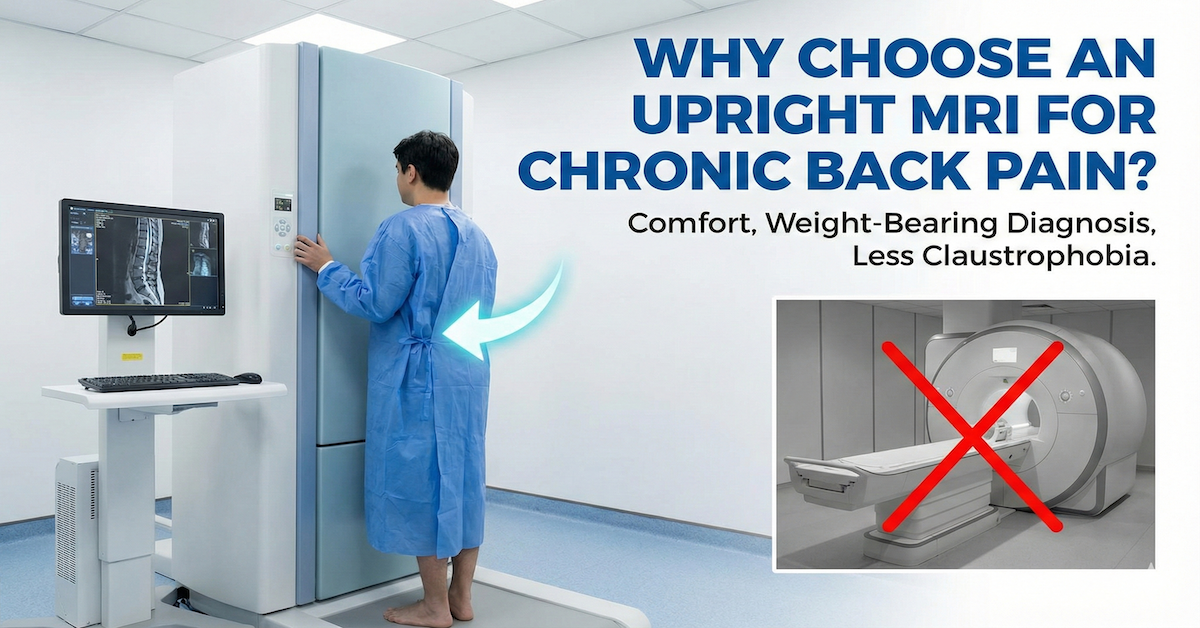
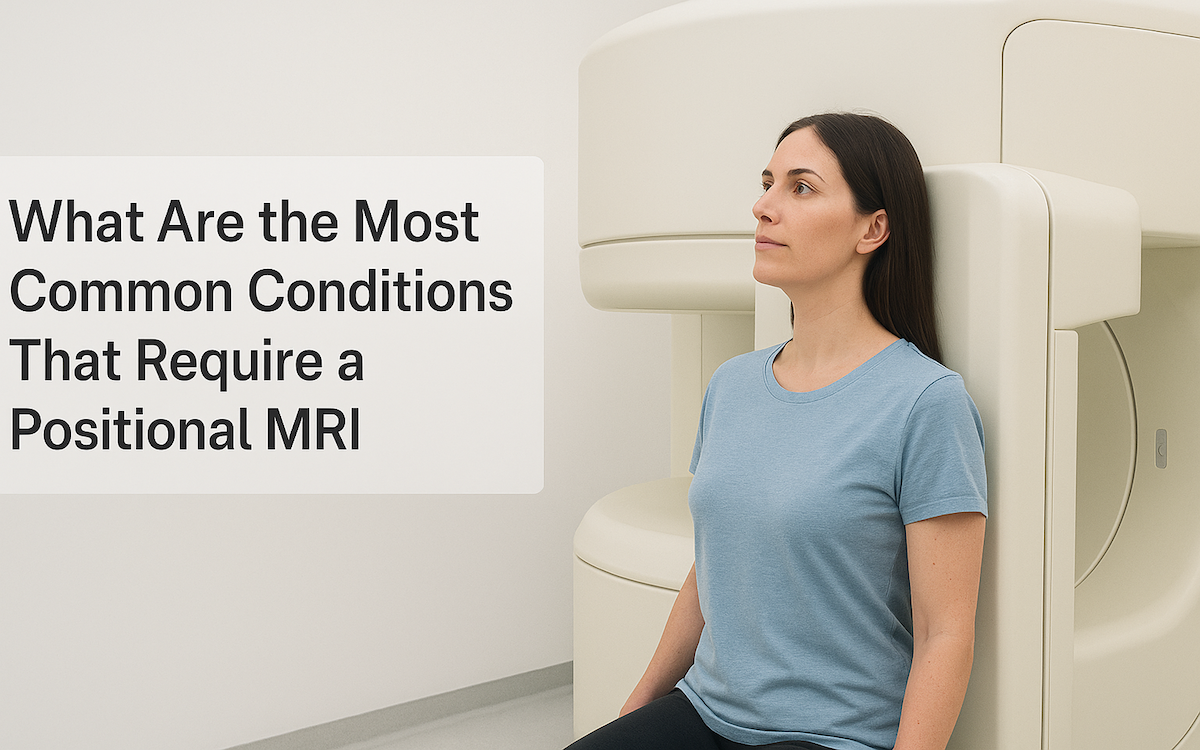
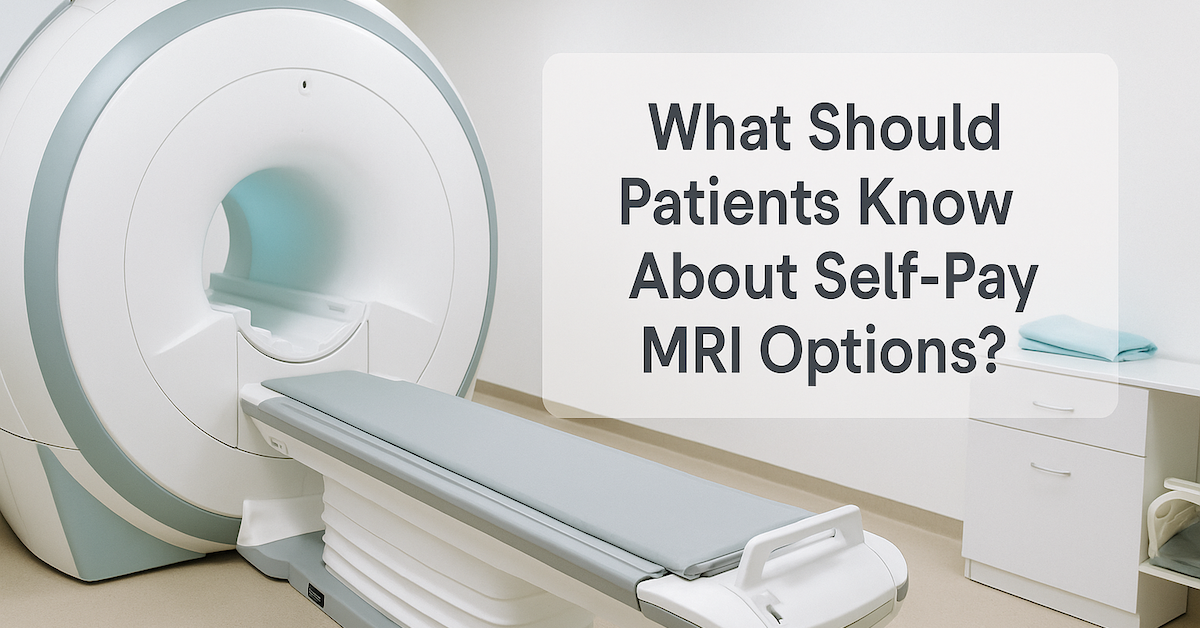
READ PATIENT TESTIMONIALS
Upright MRI of Deerfield.
Susan D.,
Highland Park, 39
I am going to tell everyone about your office! This was a great experience after I panicked in other MRI machines and had to leave. Thank you so much.

Judith B.,
Milwaukee, 61
I suffer from vertigo and other MRIs do not work. This was wonderful…absolutely NO discomfort at all. The MRI was so fast…I wanted to stay and watch the movie! Mumtaz was great. His humor really put me at ease. I’ve already recommended Upright MRI to friends.

Delores P.,
Glencoe, 55
Everything is so nice and professional with your place. I have been there a couple of times. My husband and I would not go anywhere else.

